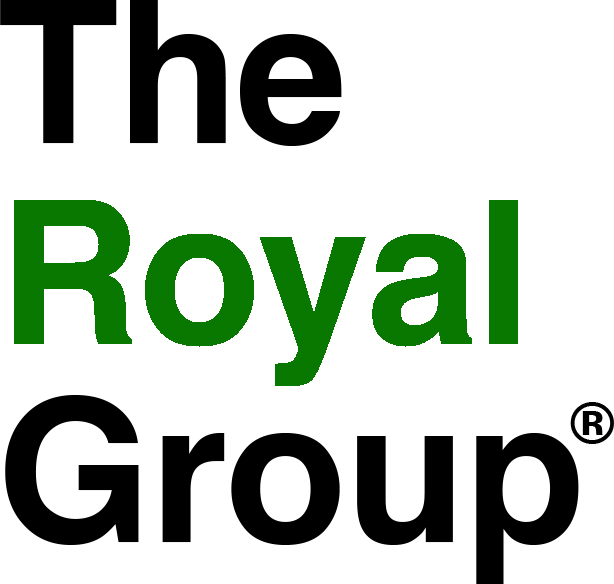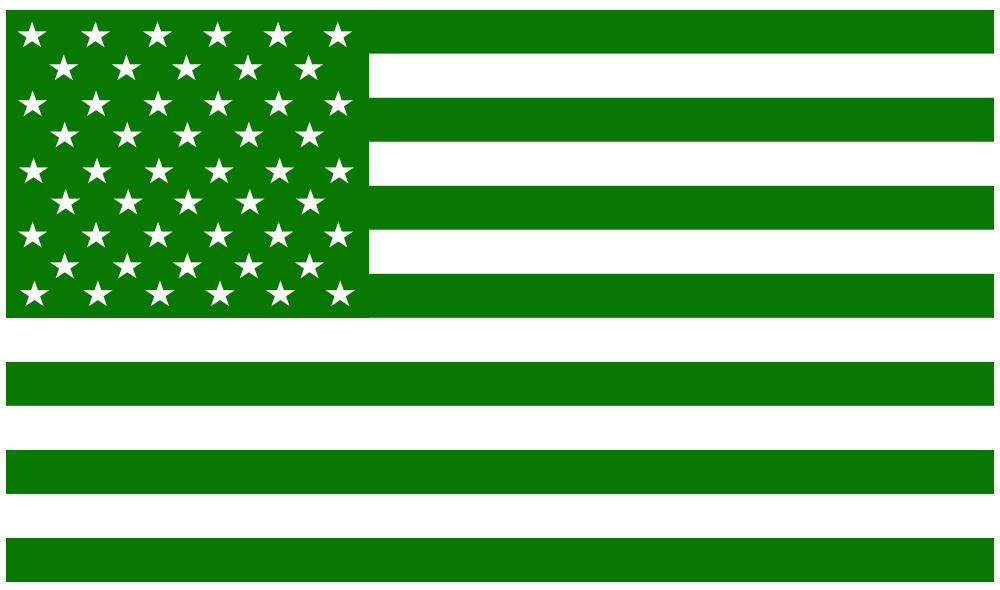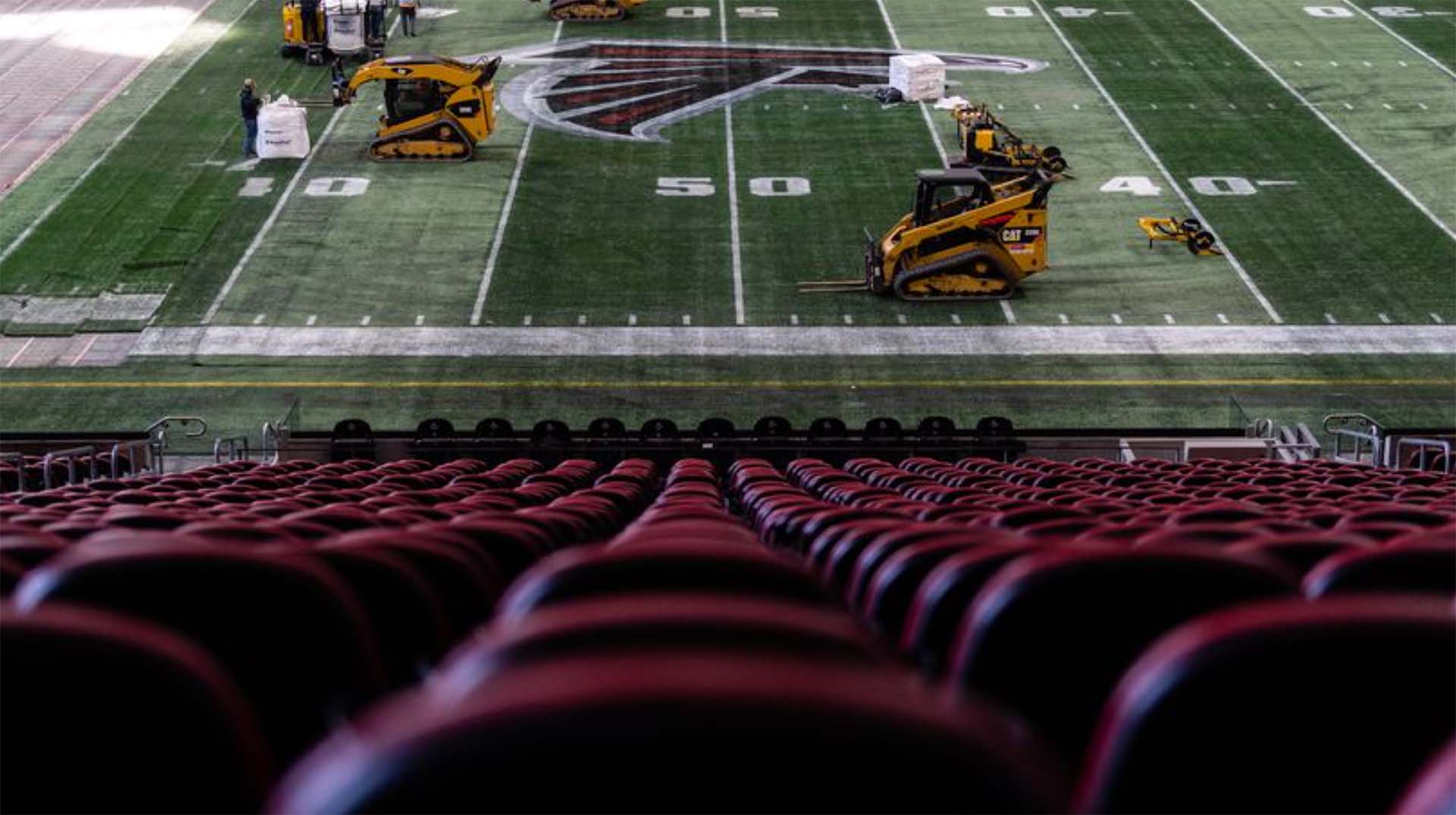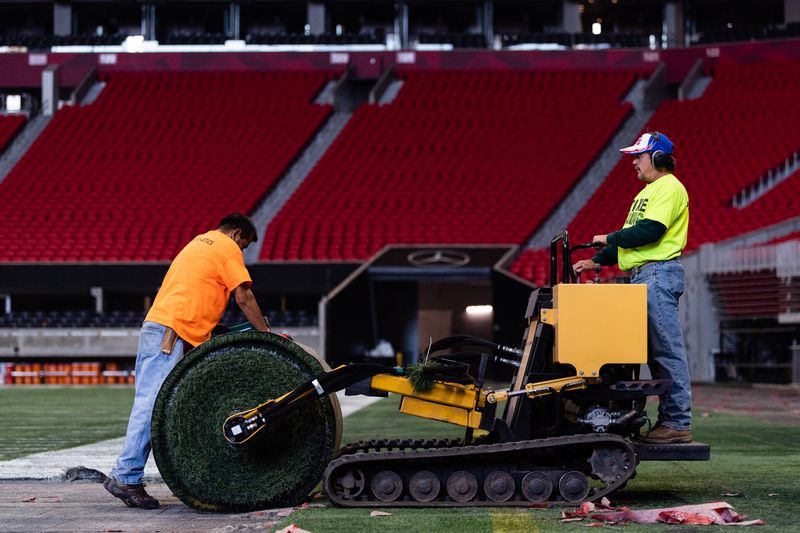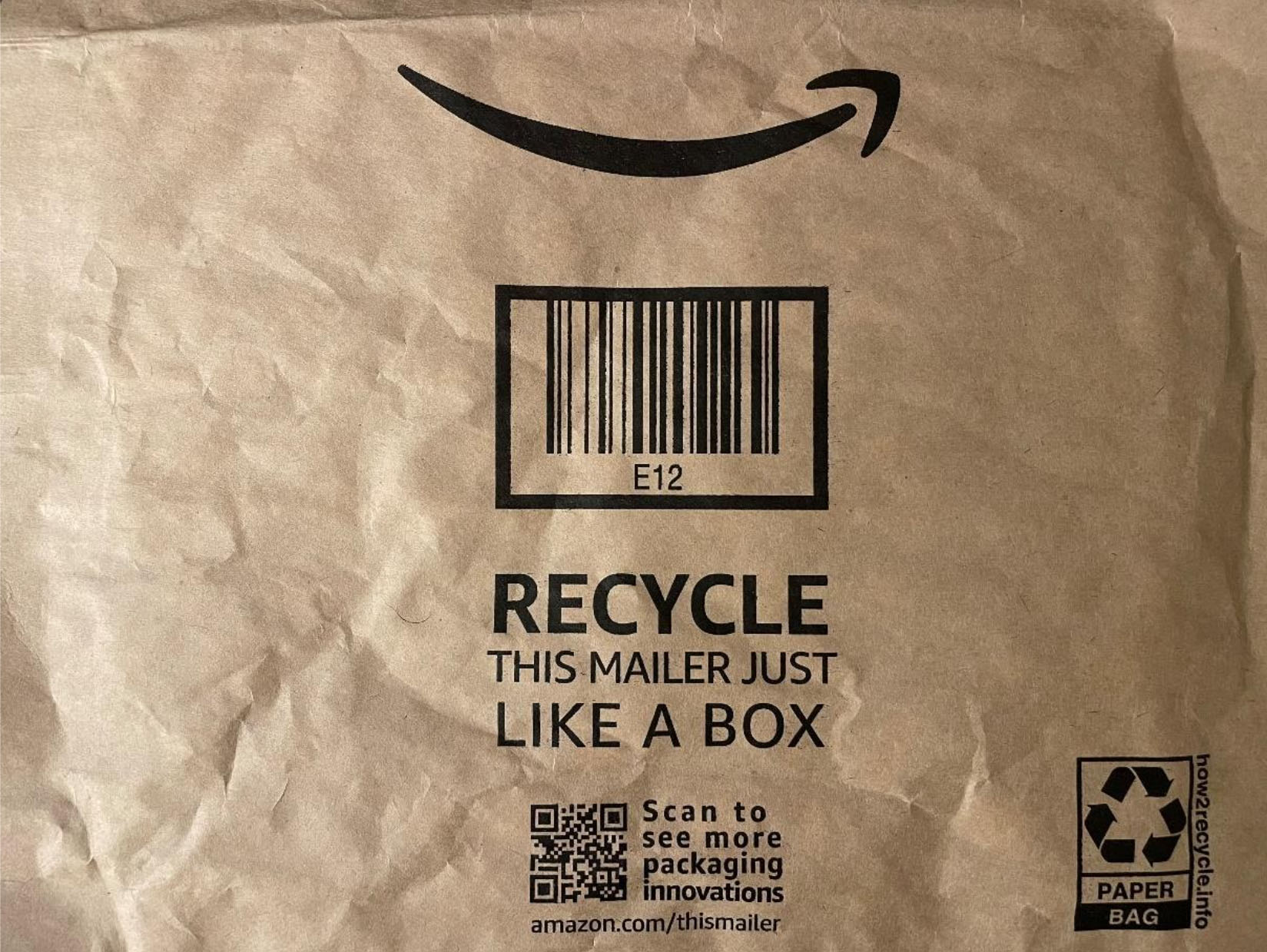Please Recycle, America… Please Recycle
We Must Protect The Environment
“A nation that destroys its soils destroys itself. Forests are the lungs of our land, purifying the air and giving fresh strength to our people.”
– Franklin Delano Roosevelt
Don’t have a recycling program? No problem. The Royal Group can develop a recycling program that will be site-specific to your business operation’s needs. A recycling program that will reduce your business organization’s carbon footprint and protect the environment.

Recycling is the third and most recognizable of the “Three Rs”– Reduce, Reuse, Recycle
By recycling and buying recycled-content products, Americans can make a vital contribution to preserving our environment.
Here are several good reasons to recycle:
| It preserves natural resources. Reducing, reusing, and recycling cuts down on the amount of raw material needed to create new products, lessening the overall impact on natural resources. And by sending less material to landfills, Americans can put a dent in the amount of trash we produce each day: enough to fill the New Orleans Superdome top to bottom, twice a day. | |
| It saves energy. It takes 95 percent less energy to make an aluminum can out of recycled aluminum than out of raw virgin materials. Making glass from recycled material allows manufacturers to run their furnaces at lower temperatures, also saving energy. | |
| Reduces Landfill Space. Landfills are unsightly, smelly and toxic areas as they contain all of the waste generated by residents, commercial organizations and industries in the region. The U.S Environmental Protection Agency estimates that nearly 75% of all waste that ends up in the landfill is recyclable. By gaining more participation in recycling we can significantly reduce the volume of waste in landfills, and by extension, the number of landfills needed! | |
| It creates jobs. Recycling is big business. It is a mainstream industry of nationwide importance accounting for hundreds of thousands of jobs and producing billions of dollars in products and services per year. | |
| Start Composting. Composting is the decomposition of organic materials, like food waste, into usable, nutrient rich soils. It is nature’s way of recycling. Organic wastes make up approximately 42.5% of the average landfills contents, having an organic collection and composting system at your home or office is an excellent way to remove a large portion of waste that is landfilled. In addition, when organic material is deposited into a landfill and decomposes underground it releases methane which is a harmful greenhouse gas. |
Reduce and Reuse — Often the first two R’s of Reduce, Reuse, Recycle are forgotten, this is unfortunate because they are much more effective at reducing your impact on the environment. Reducing the amount of products you purchase, especially those with excessive packaging, completely eliminates those wastes from entering the landfills.
The most effective way to reduce waste is to not create it in the first place. Making a new product emits greenhouse gasses that contribute to climate change and requires a lot of materials and energy — raw materials must be extracted from the earth, and the product must be fabricated then transported to wherever it will be sold. As a result, reduction and reuse are the most effective ways you can save natural resources, protect the environment and save money. Reuse or repurpose items such as old clothing, cloth grocery bags, and containers to prevent waste.
Buy used items to reduce waste as well as the emissions created by producing new materials or disposing of them in landfills. Donate unused clothing, electronics and building materials to make sure others can Reuse them too!
A Sampling Of Corporate America’s Commitment To Recycling And Sustainability
MERCEDES-BENZ STADIUM
The artificial turf on which the Falcons and Atlanta United play their home games will be replaced.
Work is underway to remove Mercedes-Benz Stadium’s 103,209-square-foot FieldTurf playing surface, and its replacement with the same product from the FieldTurf brand is scheduled to be completed over the next two weeks.
The former field will be converted into recycled materials and repurposed for various uses, according to AMB ports and Entertainment, parent company of the Falcons and Atlanta United. The plan is to transform part of the recycled turf into new elements for The Home Depot Backyard, an 11-acre gathering space adjacent to the stadium, later this year.
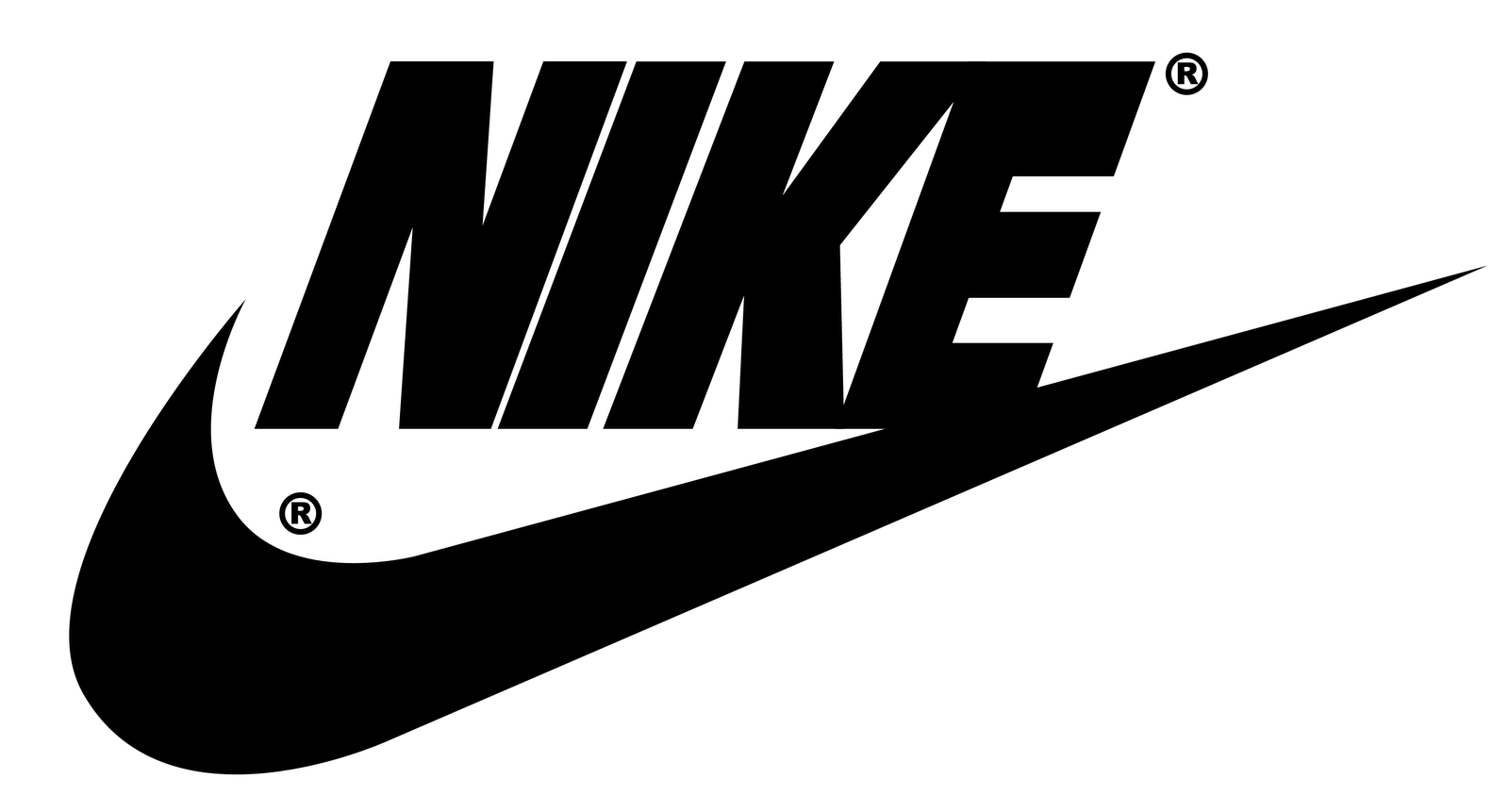
When you order from NIKE,
and choose no rush shipping,
you will receive an email stating the following:
“Thank you for selecting No Rush Shipping.
No Rush Shipping means exactly that: no rush.
Why is it different?
No Rush keeps your package on the ground.
On average, ground-only shipping is less carbon-intensive than air freight shipping.”

A Breakthrough in clothing/fashion as the industry, makes an effort to protect the environment via CLARUS.
Synthetic fabrics are drowning the planet in textile waste and driving climate change. Natural Fiber Welding imbues natural fibers like cotton with the versatility of synthetics. This revolutionary technology is our opportunity to replace synthetic fabrics across the global fashion supply chain. It’s the beginning of a new era for the material economy.
Once upon a time, swimsuits were made from wool or cotton canvas. Raingear was made from seal intestines, rubber, or waxed cotton. With those options, you’d think twice before taking a dip or a walk in the rain.
But in the mid-20th century, manufacturers began engineering clothing from crude oil-derived plastics. Plastic fibers like polyester — finer, longer, and stronger than natural fibers like cotton — could be knit or woven into synthetic fabrics, with never-before-possible performance qualities.
Polyester vs Natural Fibers
“Moisture-wicking,” “quick-drying,” “ultra-lightweight,” polyester and its ubiquitous cousins (nylon, elastane, vinyl) set the standards we now expect from our high-performance clothing. Despite obvious downsides — they generally don’t feel as nice on the skin and start to smell a lot faster than their natural counterparts — synthetics have radically reshaped the global textile supply chain. Today, synthetics account for roughly two-thirds of global fiber production and the majority of that is polyester.
Cotton, once dominant, simply hasn’t been able to compete. None of the natural materials — including hemp, linen, and wool — could be manipulated to make possible sweat-wicking, mechanical stretch, abrasion resistance, or quick-drying properties. Natural fibers could not be formed and shaped the same way synthetics could. Because of this, it was considered impossible to make natural fabrics with the performance versatility of synthetics.
That is, until CLARUS®.
What is CLARUS?
Dr. Luke Haverhals, NFW’s CEO, discovered that natural fibers can be molded and shaped to take on the performance qualities of synthetics by using ionic liquids (i.e., liquid salts). Several families of ionic liquids are well-known to dissolve cellulose, an abundant organic compound present in the cell walls of natural materials. The patented CLARUS technology platform uses ionic liquids to swell, mobilize and then reconstruct cellulosic bonds at the molecular level (e.g., different methods of “welding” fibers). When carefully engineered and controlled, this creates stronger, more durable, and functional yarns and fabrics. The salt is removed and recaptured for reuse, leaving nothing but the original natural fiber behind. The end product is 100 percent natural fiber, nothing more, nothing less—but with new performance characteristics.
Natural yarns made with this patented process, sometimes called fiber welding, exhibit the best qualities of both natural fibers and synthetics. Further, different CLARUS technologies can give ultra-short recycled fibers a new life. This discovery is the most significant innovation in natural fibers in many decades. Natural Fiber Welding, founded by Dr. Haverhals in 2015, has pioneered CLARUS, a breakthrough textile platform technology, to create the new shape of cotton and natural fibers. NFW is engineering and scaling this technology to give a wide variety of properties never before seen in natural materials by knitting and weaving innovative new natural textiles.
“NFW is the most exciting innovation in textiles that I have seen in my 40+ year career at Cotton Incorporated.” – Jimmie Grow, Cotton Incorporated

The big ideas and tiny details behind Amazon’s new recyclable mailer.
In 2019, Amazon launched a fully recyclable paper padded mailer which offers the same recyclability as their corrugated boxes, while taking up less space in transit and in the recycling bin. This mailer is made of four layers of paper and a water-based cushioning material, which was designed to easily separate in the same way that print inks and other paper coatings are removed during the paper recycling process. They are expanding their use of paper padded mailers across North America to replace the use of mixed paper and plastic mailers by the end of 2022.
